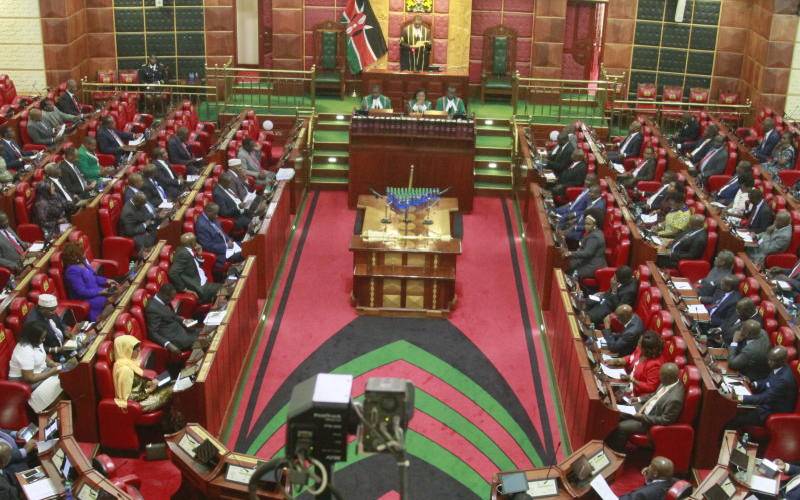A Kenyan delegation is in Tanzania to defend the country’s progress in addressing strategic deficiencies identified in its Financial Action Task Force (FATF) mutual evaluation.
The engagement is part of the ongoing follow-up process aimed at securing Kenya’s exit from the FATF grey list.
With Tanzania hosting its final on-site review ahead of expected delisting from the grey list, Kenya remains the only East African country under increased monitoring with Uganda having exited last year.
FATF sets international standards that aim to prevent these illegal activities and the harm they cause to society.
The grey listing of Kenya continues to undermine investor confidence, restrict trade, and limit financial flows into the country.
Kenya says it has made progress in resolving some of the technical compliance shortcomings identified in its 2022 Mutual Evaluation Report.
Parliament is currently debating a Bill aimed at closing legislative gaps and aligning Kenya’s legal framework with international standards, which once enacted, will enable the country to meet its FATF requirements and supporting Kenya’s reintegration into the global financial system.
Listed countries face increased monitoring due to deficiencies in meeting international standards on combating money laundering and terrorism financing.
Kenya’s listing on February 2023 is specifically tied to weaknesses in regulation and oversight of the real estate sector and financial transactions made through legal firms.
Added to this, on March 11, the United States (US) Department of the Treasury sanctioned 16 entities in Kenya for their links to terror financing.
These included several Kenyan and Somali citizens targeted for raising and laundering funds on behalf of al-Shabaab, and Crown Bus Services for supporting al-Shabaab operations and logistics.
FATF’s greylisting means Kenya risks reduced investor confidence and difficulties conducting cross-border financial transactions and accessing financial services, among others, due to stricter compliance requirements.
Countries with this classification are also more vulnerable to criminal groups who exploit jurisdictions with inadequate regulations against money laundering and terrorist financing.
Kenya’s adherence to international standards should be boosted by its Proceeds of Crime and Anti-Money Laundering Act (2009) and membership of the Eastern and Southern Africa Anti-Money Laundering Group.
However, recurring problems in meeting financial safeguard standards signify loopholes in government responses. Weak financial oversight facilitates money laundering through various sectors including transport, real estate, legal, non-governmental organisations and gold.
Going by Wednesday’s proceedings, it is yet to be seen if Parliament will pass an amendment bill before it, which seeks to address a number of legislative deficiencies that contributed to the greylisting, and demostrate commitment and progress on the Action Plan Kenya agreed upon with the FATF.
Email your news TIPS to Editor@Kahawatungu.com — this is our only official communication channel


